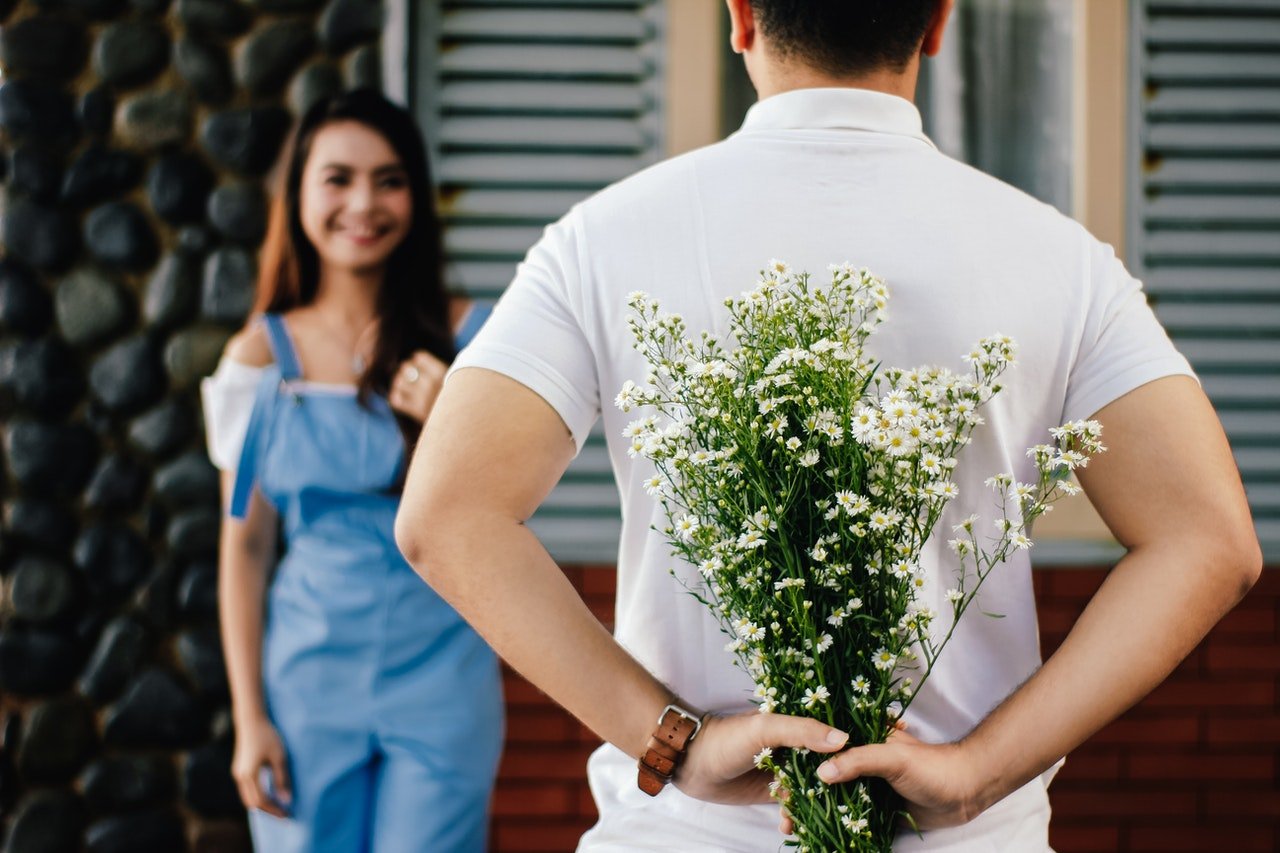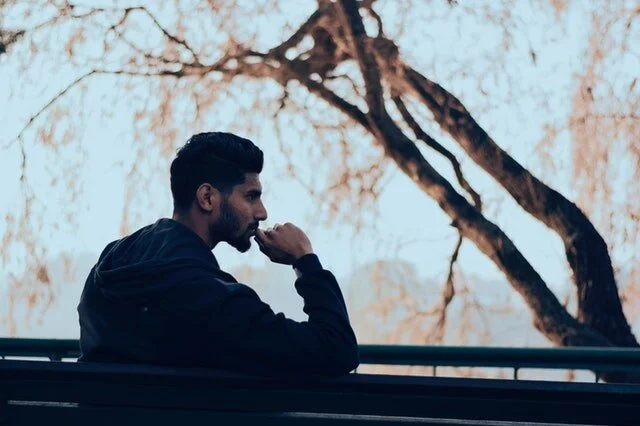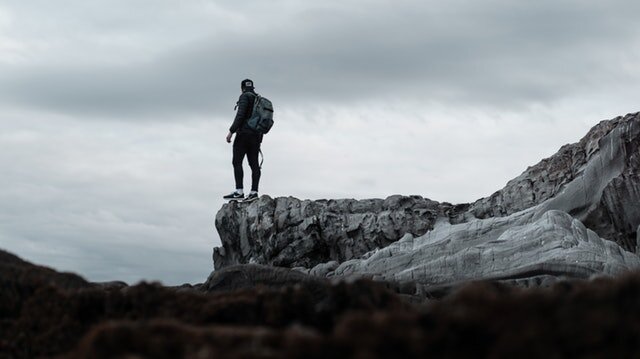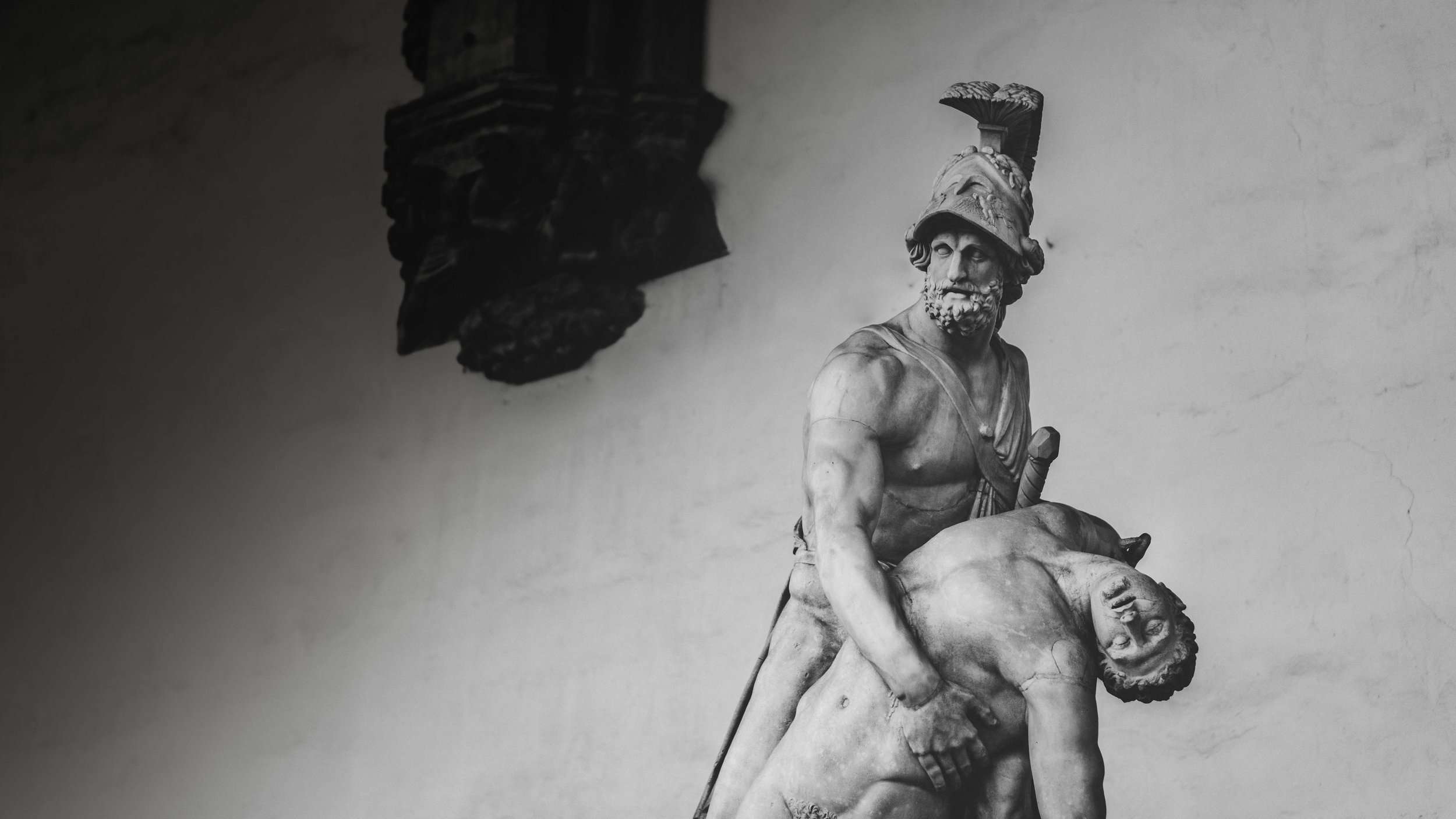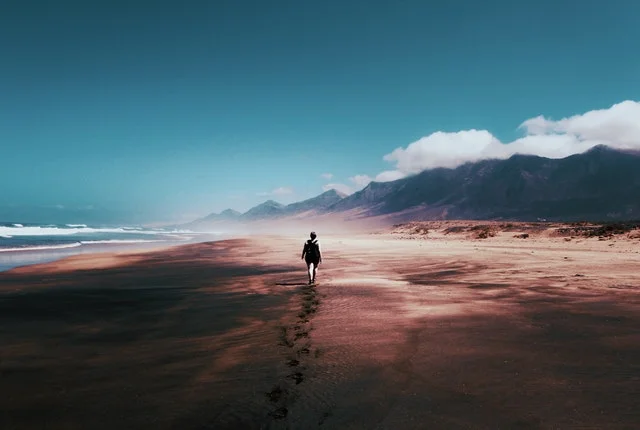There are a lot of male figures that we can look up to on the big screen. For some, Sylvester Stallone in Rambo is the epitome of masculinity: tough takes shit from no one, and can carry the entire United States government if need be. Others love Liam Neeson in Taken. Outsmarting traffickers, problem-solving in the midst of major crises and general ass kicking in the name of saving the helpless is about as manly as it gets. But there is one figure that has always stuck out as an unbelievably epic male hero in cinematic history. His name is William Wallace.
While anyone who looks up the historical accuracy of Braveheart will be utterly devastated (sorry folks, there’s a lot of artistic liberty taken), the movie itself epitomizes epic storytelling in so many ways. Freedom, sacrifice and honor are major themes throughout the film. More than that, however, Braveheart is the story of brotherhood and true masculinity.
It’s more than the gory battle scenes. It’s the journey from boyhood to manhood, the grief of loss, and the father figures who help him become everything he was meant to be. It is the story of camaraderie and deep male friendship that results in the ultimate sacrifice: William’s life. It captures the beauty of first love, mature romance, and the fierceness within a man who has lost all that he ever loves. It displays what is missing from the lives of so many men who live in the modern day.
Undoubtedly, men do not scorn hot showers, medical intervention, or their computers, nor do these necessarily lead to a less masculine generation. A glaring and obvious truth about manhood, shown through a variety of academic studies, research projects, and common sense gleaned from real life experience and anecdotal evidence is that more than anything, men of our generation need other men.
What William Wallace had that so many men do not is a relationship with his father. His father believed in him, spoke into the depths of his boyhood and helped define him, and gave him the tools to carve his path into manhood. After he dies, we see the arrival of Uncle Argyle, a world traveler, warrior, and educated man who seeks to impart a deeper understanding about the world and culture into William, while simultaneously teaching him the art of war. He imparts the inner development, the intellectual and heart journey that a man must take before thrusting him into the knowledge of battle and war.
We see a steady and tempered love story unfold as William returns home and marries Murron. His goal is to protect her, so he marries in secret. Her murder is what unleashes his vengeance, backed by years of oppression, a desire to see his people free, and the loss of his father and brother as a young boy. His aggression sets him in motion to free the oppressed, to lead other men into danger by example and in bond with one another, and eventually to sacrifice himself in martyrdom, giving strength to the once cowardly leader of Scotland, Robert the Bruce.
William Wallace inspires greatness without promoting tyranny. He fights, but his violence is to see the oppressed go free. His strength is not just in his arm, it’s in his mind, in his heart, and in his soul. There are many battles to fight in our day. Boys are growing up without fathers, uncles or grandfathers there to help lead them into manhood. Masculinity is being demonized and boys continue to fall behind in school and work. Men are at the highest risk for suicide, addiction, and continue to die at earlier than women.
We need the William Wallaces to stand up and lead, to stand up and fight, to teach first the inner strength of a man, and then the physical strength of a man. We need men who encourage strong women without losing their strength themselves. We need men who lead against oppression in the modern age, who stand up for the defenseless. We need fathers to raise sons who know who they are, so that they can stand up as lights shining in a dark world. Obviously we aren't fighting English oppression. Our homes are not being burned to the ground and we live in a country that is proud to be free. But there is still so much to be gained from the archetypal male figure we see portrayed in Braveheart.
What does it mean to fight oppression in the modern day, and how do we practically incorporate those lessons into the contemporary culture? I would love to hear what your thoughts have been as you have read this article!
Shaina
